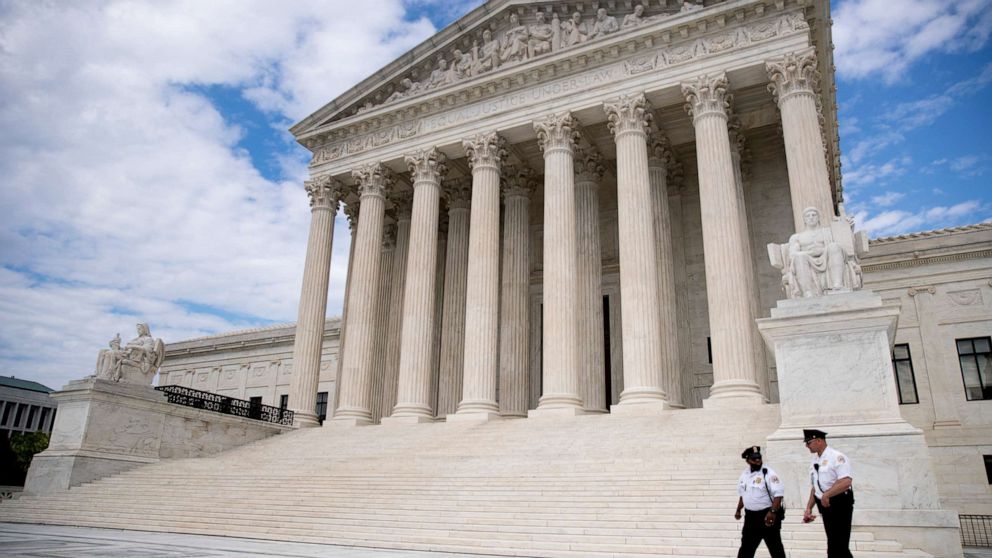What will Republicans Do About Obamacare Now?

Chris Jacobs
This article was originally published in National Review on November 9, 2016.
For the past six years, Republicans — across Washington, and across the country — have virtually to a person run against Obamacare. Their campaign has helped them win numerous House and Senate seats, a majority of governorships, and now has given them unified control of Washington for the first time in 15 years. Like the dog that finally caught the proverbial car, Republicans will wake up Wednesday morning asking themselves — on Obamacare, as on many other issues — “What now?”
The answer might be less obvious than it first appears. Democrats used the decade and a half between the defeat of Hillary Clinton’s health plan in 1993–94 and the 2008 election to develop a consensus architecture about what their ideal health-care plan would look like. In the Democratic primaries that year, Senators Clinton and Obama disagreed strongly on the necessity of an individual mandate to purchase coverage — a difference they litigated very publicly, and at great length, during the primary campaign — but agreed on virtually everything else.
By contrast, Republicans spent comparatively little time debating the finer points of an Obamacare alternative during the presidential cycle just concluded. Donald Trump promised “something terrific” that would tear down “the lines around the states,” but details were few and far between (and occasionally self-contradictory). Speaker Ryan’s House Republican task force produced a plan, but one with few fiscal details attached, and one that few in Washington — whether media analysts or policy-makers themselves — spent time dissecting or debating.
As a result, Republicans differ on some fundamental issues — chief of which is whether an alternative to Obamacare should focus on lowering costs or expanding coverage. While conservatives have historically focused on reducing costs, some on the right have argued that any alternative to Obamacare must provide a landing point for the individuals who gained health coverage under the law. Others have dubbed any alternative plan including mechanisms such as refundable tax credits to expand coverage “Obamacare Lite” — a term likely to resurface with a vengeance in the coming days and weeks.
Speaker Ryan and Mr. Trump thus face a potential squeeze between a Republican political base adamantly opposed to Obamacare, which wants the law repealed — in its entirety, immediately — and the ramifications of doing just that. Would Republicans who passed a repeal bill through Congress last fall, only to see it vetoed by President Obama, do so again knowing it would actually get signed into law? Some lawmakers likely supported repeal in theory — not expecting it would ever get put into practice. They will face no such “easy” votes in 2017.
It remains an open question whether a bill that repealed Obamacare without a “replace” plan attached could receive enough votes from Republican lawmakers to reach a President Trump’s desk. It likewise remains an open question whether Republicans can coalesce around the details of an alternative to place on the statute books. Anyone who believes that debate or discussion will be easy, or quick, did not spend time covering the circular firing squad that enveloped congressional Democrats in both 1993–94 and 2009–10.
A major initial test for Mr. Trump: What to do about Obamacare’s cost-sharing subsidies — funds that the Obama administration has provided to insurers, even though the text of the law itself nowhere provides an explicit appropriation for such spending. As I previously noted, Mr. Trump could immediately cut off these funds to insurers upon taking office. Such an action would be entirely consistent with House Republicans’ lawsuit against the administration for spending money not appropriated — and the initial legal victory they received from the courts in May.
But others have reported that the Obama administration has negotiated language in insurers’ contracts for next year allowing them to cancel plans immediately should a future Trump administration cut off insurers’ access to the cost-sharing subsidies during the middle of the 2017 plan year. So what does a President Trump do? Block the subsidies — and potentially get blamed for chaos if millions of people lose their plans overnight? Or continue spending on subsidies that House Republicans have called unconstitutional, and face a federal lawsuit from members of his own party? Neither answer presents an appetizing option for the incoming administration.
After the battle of El Alamein changed the tide of World War II, Churchill remarked that the Allied victory marked not the end, nor the beginning of the end, but perhaps the end of the beginning. In the fight against Obamacare, Tuesday likewise marked not the fulfillment of a Republican campaign promise, but merely the initial prerequisite necessary to reach that goal. The goal is in sight, but farther away than some might believe. Having spent years running against Obamacare, it is now up to Republicans to determine what to do about it — an outcome that few would have dreamed of even 24 short hours ago.




